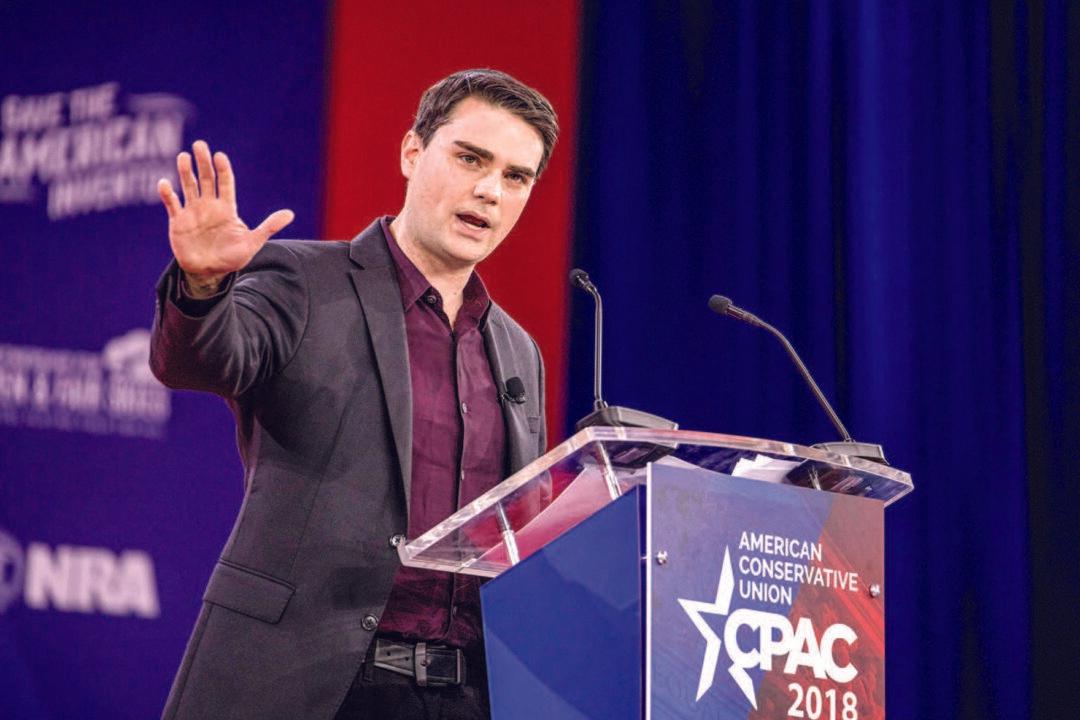News Analysis
NATIONAL HARBOR, Maryland—Every once in a while there comes a time in history when the fundamental assumptions change. The 1960s was such an era, and we are still living under its dispensations.


NATIONAL HARBOR, Maryland—Every once in a while there comes a time in history when the fundamental assumptions change. The 1960s was such an era, and we are still living under its dispensations.